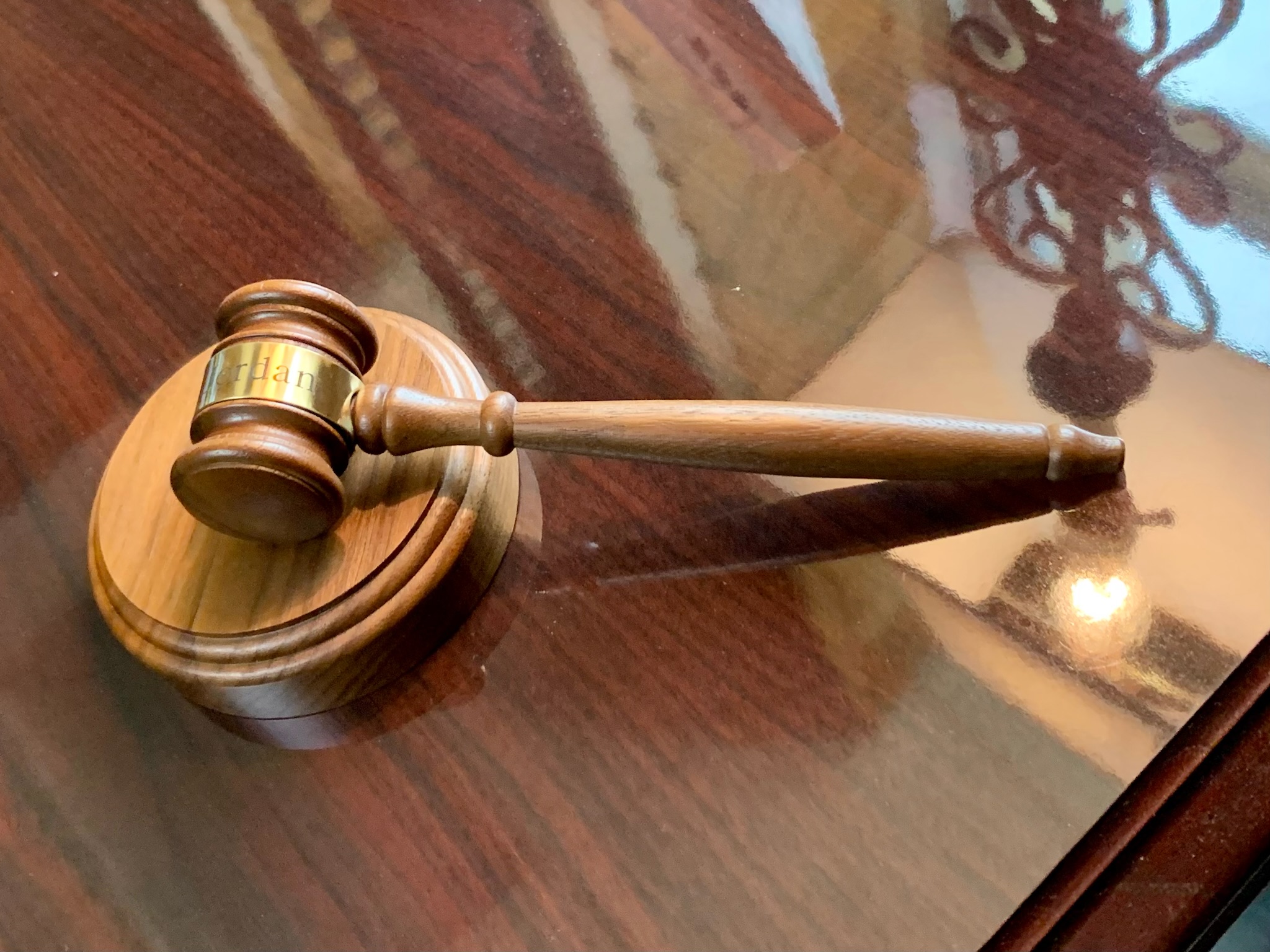Introduction
Driving While Intoxicated (DWI) checkpoints are a common sight on roads across the United States, particularly during holiday seasons, weekends, or special events. These checkpoints are established by law enforcement agencies to deter impaired driving and ensure public safety. But what happens when you encounter one? Understanding DWI checkpoints can help you navigate these situations with confidence. In this comprehensive guide, we’ll dive into everything you need to know about DWI checkpoints, including your rights, what to expect when stopped, and how a Lubbock criminal defense attorney can assist you if things go sideways.
DWI Checkpoints Explained — What to Expect When Approached by Law Enforcement
When approaching a DWI checkpoint, it’s essential to understand the procedures involved. Typically, law enforcement officers will set up a designated area where drivers must stop for questioning. You may be asked a series of questions regarding your sobriety and may even undergo field sobriety tests or breathalyzer tests.
Understanding the Purpose of DWI Checkpoints
The primary goal of DWI checkpoints is to reduce instances of drunk driving and enhance road safety. By stopping vehicles at random intervals, law enforcement aims to dissuade potential offenders from getting behind the wheel while intoxicated.
Legal Basis for DWI Checkpoints
In many states, including Texas, the legality Visit website of DWI checkpoints has been upheld by courts as long as they comply with specific guidelines. Officers must have a valid reason for stopping vehicles and cannot discriminate based on arbitrary criteria.
What Happens at a DWI Checkpoint?
Initial Approach: As you approach the checkpoint, you'll notice signs indicating its presence ahead. Vehicle Stopping: You will be directed either to stop or continue through depending on the officer's instructions. Interaction with Officers: An officer will approach your vehicle and may ask questions such as:- "Have you been drinking tonight?" "Where are you coming from?"
Your Rights at a DWI Checkpoint
While encountering law enforcement can be intimidating, knowing your rights can empower you during this interaction:
- Right to Remain Silent: You’re not obligated to answer incriminating questions. Right to Refuse Testing: While refusing a breathalyzer might carry penalties in Texas, it is still within your rights.
Common Questions About DWI Checkpoints
1. Are DWI checkpoints legal?
Yes, as long as they follow state laws and guidelines.
2. What should I do if I see a DWI checkpoint?
Stay calm and follow traffic rules; obey any directions given by officers.
3. Can I turn around before reaching a checkpoint?
While it's not illegal to turn around, doing so could draw suspicion from law enforcement.
4. What happens if I refuse a breathalyzer test?
Refusing may lead to automatic license suspension or other penalties under Texas law.
5. Do I have to answer all questions from police?
You are not required to answer questions that could incriminate you.
6. Should I contact a Lubbock criminal defense attorney after being stopped?
Yes, especially if you've been charged with an offense stemming from the checkpoint encounter.
Potential Outcomes After Encountering A Checkpoint
When interacting with law enforcement at a checkpoint, there are several potential outcomes based on various factors:
1. No Action Taken
If officers determine that you're sober and compliant with traffic laws, they’ll likely allow you to continue without further action taken against you.

2. Field Sobriety Test Required
If an officer suspects impairment based on your responses or behavior during questioning, they may request that you complete field sobriety tests.
Table: Common Field Sobriety Tests
| Test Type | Description | |------------------------|--------------------------------------------------| | Horizontal Gaze Nystagmus | Observing eye movement as lights are moved side-to-side | | Walk-and-Turn | Walking heel-to-toe in a straight line | | One Leg Stand | Balancing on one leg for ten seconds |
3. Breathalyzer Test Administered
If field tests suggest impairment or if you're unable/unwilling to perform them satisfactorily, officers may ask for a breath sample.
Consequences of Breathalyzer Results
- Below 0.08%: Generally considered legally sober. Above 0.08%: May result in arrest for DUI/DWI charges.
How Can A Lubbock Criminal Defense Attorney Help You?
Encountering legal issues stemming from encounters at DWI checkpoints can be daunting; that's where the expertise of a Lubbock criminal defense attorney becomes invaluable:
1. Legal Representation
A qualified attorney will represent your interests throughout any legal proceedings following an arrest at a checkpoint.
2. Knowledge of Local Laws
Lubbock attorneys possess in-depth knowledge regarding Texas laws governing DUI/DWIs which can prove beneficial in building your case.
3. Investigation of Circumstances
Your attorney can investigate whether officers adhered strictly to procedural regulations during your stop and arrest process.
Consequences of A DWI Charge
If arrested at a checkpoint for DUI/DWI offenses in Lubbock:
- Penalties vary based on prior offenses. First-time offenders may face fines and temporary license suspension. Subsequent offenses could lead to harsher penalties including jail time and increased fines.
Conclusion
Navigating through life involves understanding how best to handle unexpected situations such as encountering DWI checkpoints while driving under varying circumstances like holidays or late nights out with friends; awareness along these lines is essential for both personal safety & legal compliance! Engaging with knowledgeable professionals—such as Lubbock criminal defense attorneys—will aid greatly should complications arise following such encounters! Remember always: stay informed about your rights during these interactions!
By arming yourself with vital information regarding “DWI Checkpoints Explained — What to Expect When Approached by Law Enforcement”, you’ll feel more confident navigating these potentially stressful scenarios should they occur!
Feel free to reach out if additional clarification or support concerning this topic becomes necessary!